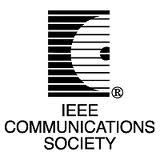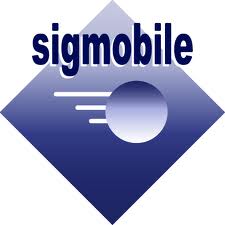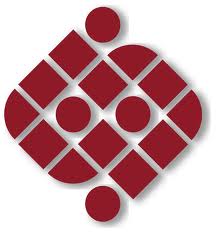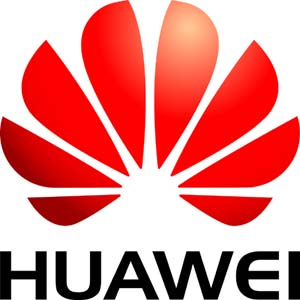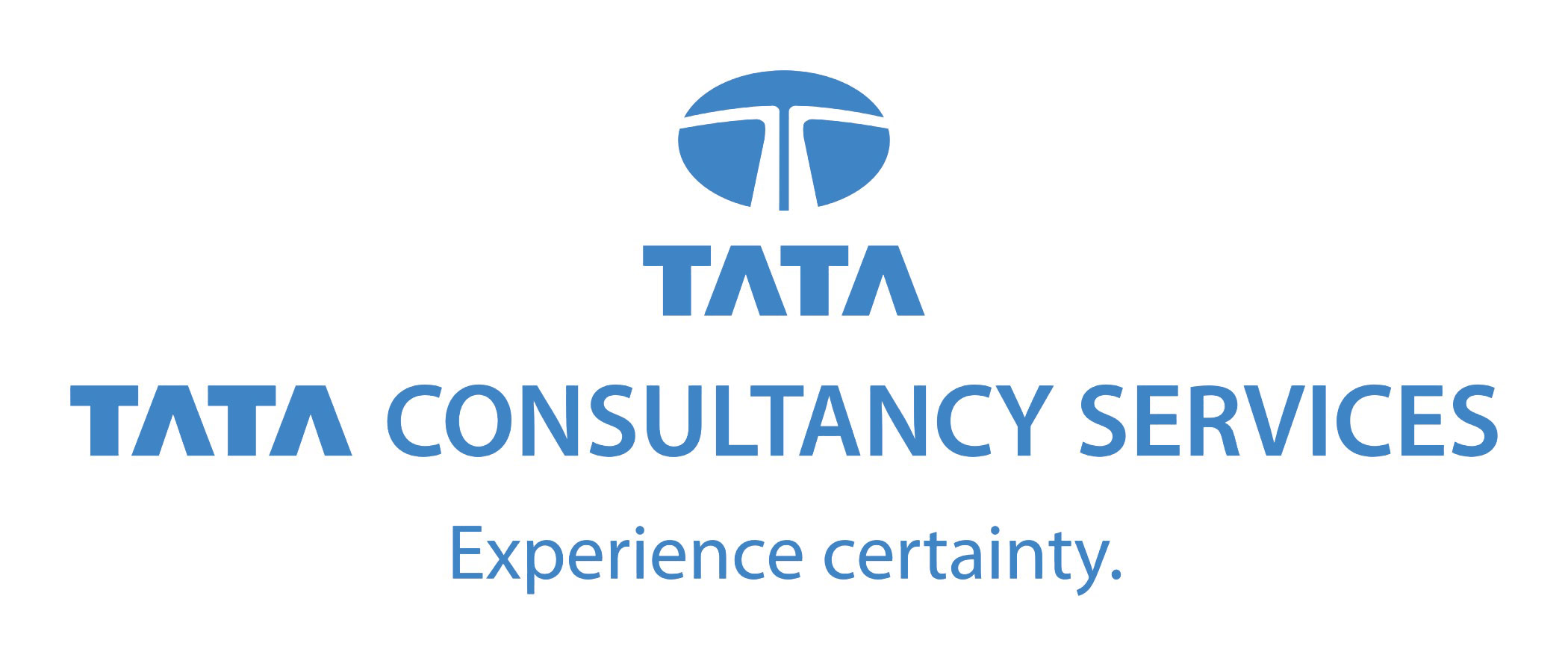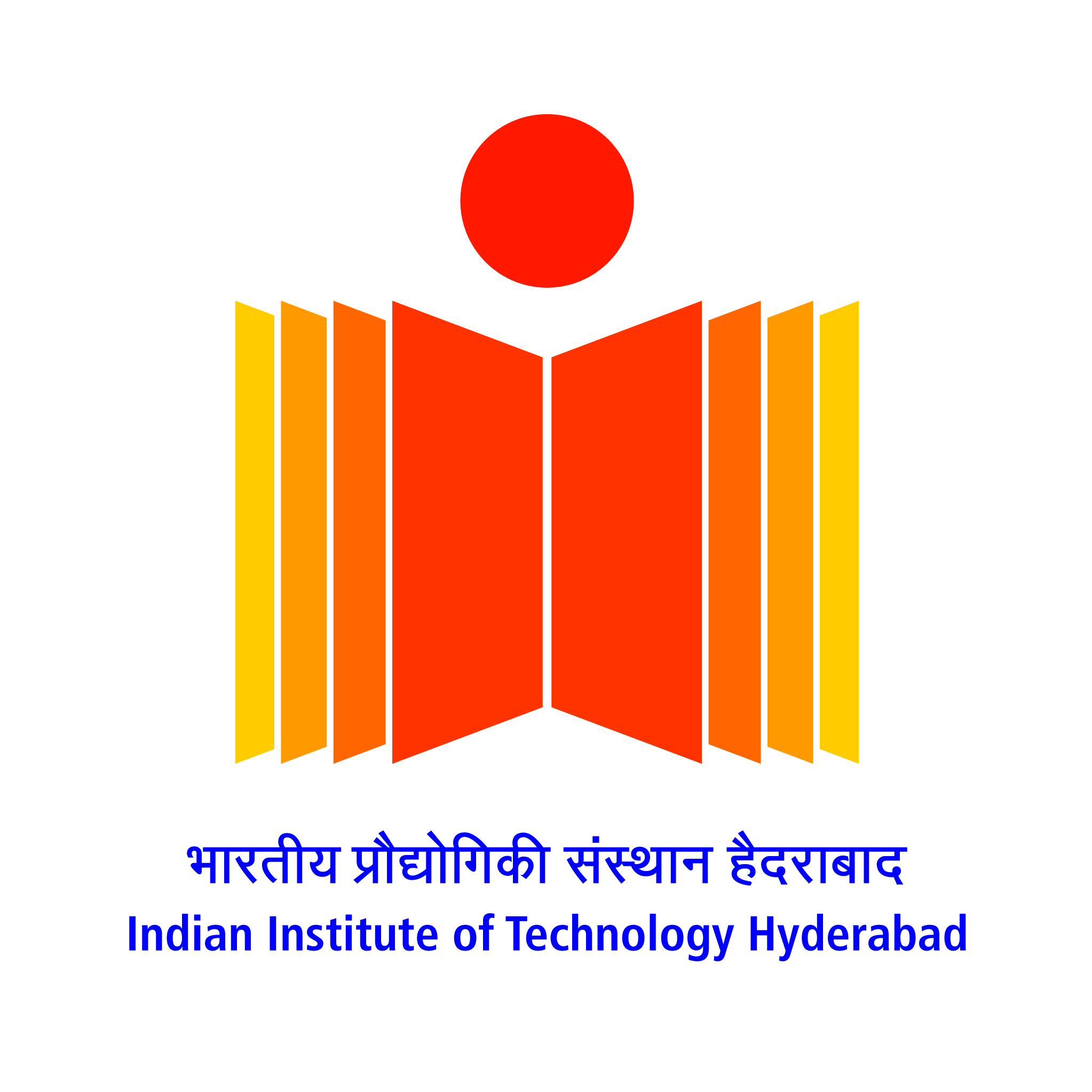Networked Healthcare Technology (NetHealth)
A Mobile-device Centric Environment for Healthcare Delivery
Pushpendra Singh
Indraprastha Institute of Information Technology (IIIT-D), Delhi
In India, where doctor to patient ratio is abysmal and general healthcare facilities are inaccessible to a large section of society, there is a need to develop non-laboratory based methods for efficient health-care delivery. Mobile devices and widely available healthcare sensors are the right technologies to develop a low-cost platform for healthcare delivery. In this talk, I will about our experience of a field deployment where we used mobile phone based application for CVD detection. I will also talk about our new proposed healthcare delivery platform where lessons learned from the field deployment are incorporated.
About the speaker:
Pushpendra Singh is an Assistant Professor at IIIT-Delhi. Prior to coming to IIIT-Delhi, he worked at INRIA-Rocquencourt, France. His current research interests are in pervasive computing, mobile middleware, and ICT for development. Pushpendra Singh completed his PhD from INRIA-Rennes, France in the area of mobile computing.
Personal Health Care at Work Spaces
Balamuralidhar P
Principal Scientist and Head of TCS Innovation Labs, Bangalore
With ever increasing work pressures and environmental issues related to workplaces personal health care is a major concern for the individual as well as organization. Stress, fatigue and depression are commonly observed to be impacting the productivity, relationships and overall work environment. Further the impact of these in challenging work scenarios such as vehicle driving, heavy machine operation etc can lead to accidents and other catastrophic disruptions. Other than propagating guidelines, best practices and other advisory information there are no effective monitoring mechanisms that are acceptable and minimally intrusive so that suitable mitigation plan can be deployed. The use of smart phones in conjunction with low cost physiological sensors is a potential technological intervention that can be considered in this context. This talk gives an overview of the proposed approach with some case studies from TCS Innovation Labs.
About the Speaker:
Balamuralidhar is a Principal Scientist and heading the TCS Innovation Lab, Bangalore. He has over 24 years of R&D experience in the areas of Signal Processing, Communications and Networked Embedded Systems. Balamuralidhar is with TCS Innovation lab for the last 9 years and his previous employers were Sasken Communications - Bangalore and SAMEER-Mumbai. His current areas of interest are Internet of Things, M2M Communications, and Intelligent & Robust Sensing.
A Healthcare System over a Managed 6LowPAN Network using Wearable Devices
Joy Kuri, IISc Bangalore
In many countries of the world, the state of the public healthcare system is grim. There is a growing number of elderly and lonely people, and quite often, the quality of healthcare services is far from adequate. In some situations, sophisticated (and expensive) medical equipment is available; however, the use of proprietary communication protocols and data formats hinders seamless interworking. The amount of medical data available has grown considerably, and there is a need to organize this data and make it available (with appropriate access restrictions) when and where it is needed.
These observations highlight the need to develop a smart, standards-based healthcare solution encompassing wearable medical devices equipped with appropriate sensors and actuators, as well as software services allowing controlled access to medical databases. For proper diagnosis and timely medical care, such a healthcare system needs to be reliable, robust, secure and real-time in nature. There is also the need to monitor the health of the healthcare system itself, so that malfunctions and outages do not result in catastrophic failure.
This talk will present our approach to designing such a system, and discuss the many challenges that arise in the process.






